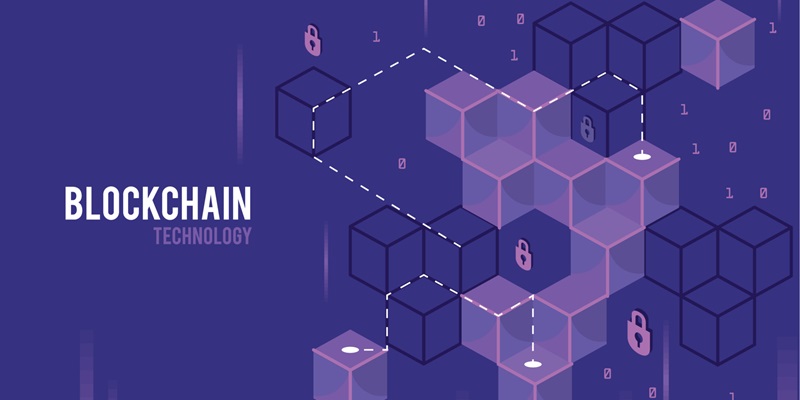Since Bitcoin’s inception, blockchain technology has rapidly advanced far beyond its initial role in cryptocurrency dealings. It has become a hotbed for corporate innovation, with Blockchain-as-a-Service (BaaS) marking a pivotal point in its evolution. BaaS is a game-changer, particularly for small and medium-sized businesses, as it offers them the power of blockchain minus the hefty resource investments. This service model provides the adaptability and scalability needed to integrate blockchain into varied business processes, all without the need for extensive tech infrastructure or specialized knowledge. The advent of BaaS means that even smaller enterprises can now tap into the revolutionary benefits of blockchain, fostering innovation and efficiency within their operations. This paradigm shift not only democratizes access to cutting-edge technology but also stimulates growth and competitiveness across numerous sectors.
The Rise of BaaS
Bringing Blockchain to the Masses
Blockchain-as-a-Service (BaaS) is revolutionizing how companies adopt blockchain by offering it as an outsourced service, similar to the Software-as-a-Service model. This innovative approach eliminates the need for organizations to build their own blockchain solutions, significantly reducing both complexity and cost. As a result, not only can large corporations but also small and medium-sized enterprises (SMEs) take advantage of blockchain technology. The benefits are substantial, including heightened security, increased transparency, and better traceability of operations. Through a subscription-based model, BaaS providers enable businesses to integrate blockchain into their systems seamlessly, fostering a more accessible and efficient use of this emerging technology across various industries. This democratization of access is pivotal for businesses aiming to stay competitive in an increasingly digital marketplace.
An SME Catalyst
Blockchain-as-a-Service (BaaS) is transforming how small and medium-sized enterprises approach this innovative technology. By leveraging cloud services, BaaS offers a cost-effective solution, allowing companies to harness the power of blockchain without a significant investment in resources. With scalable options, businesses can tailor their use of blockchain, ensuring they only pay for the services they need. This flexibility is crucial for SMEs that might otherwise be deterred by the complexity of blockchain. With BaaS, these companies can now easily explore smart contracts and decentralized applications (DApps), fields that were once thought to require deep technical knowledge. The advent of BaaS is not just a technological leap but also a step toward a more inclusive blockchain ecosystem, enabling a wider range of businesses to participate in the blockchain revolution. This approach is unlocking new opportunities for innovation, making it simpler for organizations to enter and evolve within this space.
Challenges and Opportunities
Navigating Scalability and Interoperability
Blockchain-as-a-Service (BaaS) providers grapple with the pivotal predicament of scalability. The essence of blockchain’s utility in the business realm hangs on its capability to handle a massive influx of transactions with nimble efficiency. To meet the demands of enterprise applications, service providers strive to finely tune the delicate balance between blockchain’s innate decentralization and the high-octane performance standards required. Another layer of complexity is interwoven with the need for interoperability amongst disparate blockchain ecosystems. The commercial landscape often mandates a symbiotic dialogue between diverse systems to ensure cohesive functionality. As BaaS continues to evolve, surmounting these technical hurdles is essential. Providers are diligently engineering solutions to facilitate this integration, aiming to pioneer seamless experiences that could catalyze broader acceptance and embed blockchain more deeply into the fabric of enterprise solutions.
Regulation and Compliance
As Blockchain-as-a-Service (BaaS) gains traction, integrating it into areas like finance and healthcare is leading to a surge in demand for regulatory clarity. Europe is at the forefront, with nations such as the UK and Germany developing policies to protect users while encouraging innovation. Compliance with these emerging regulations will be essential for the integrity and expansion of BaaS platforms.
BaaS offers companies, especially SMEs, the chance to tap into the advantages of blockchain without the complexity of developing their own infrastructure. It holds the promise of enhancing operational efficiency, security, and swift decision-making. While BaaS faces challenges in scaling, integration, and remaining within legal bounds, its increasing adoption indicates a bright future. Providers continue to fine-tune their offerings, aiming to overcome obstacles and solidify BaaS’s role in revolutionizing business practices.

